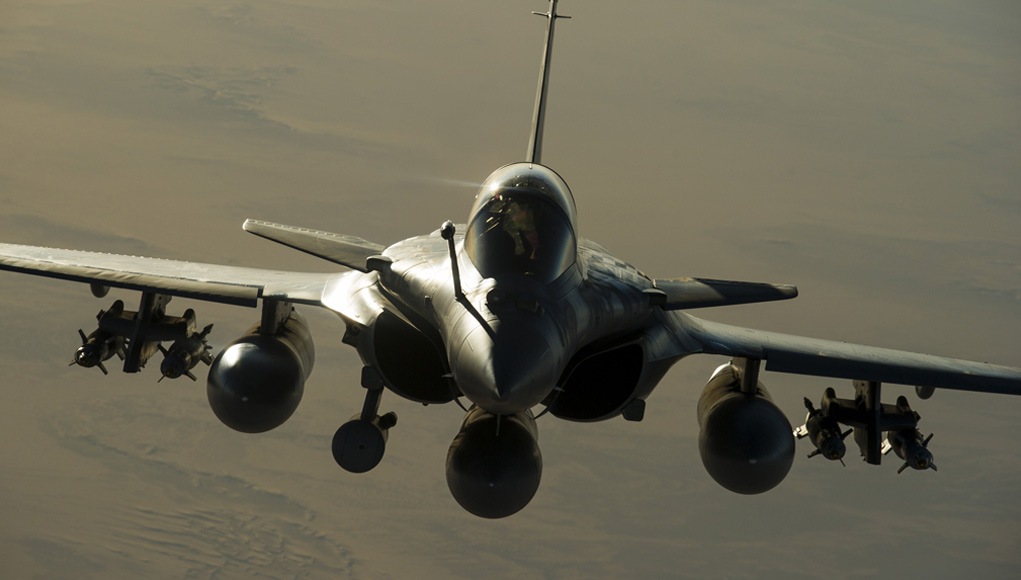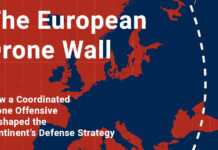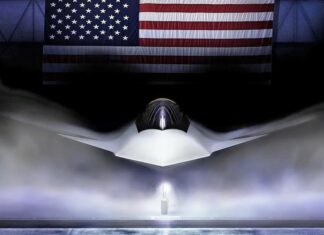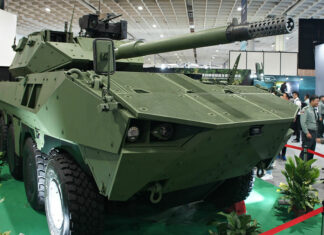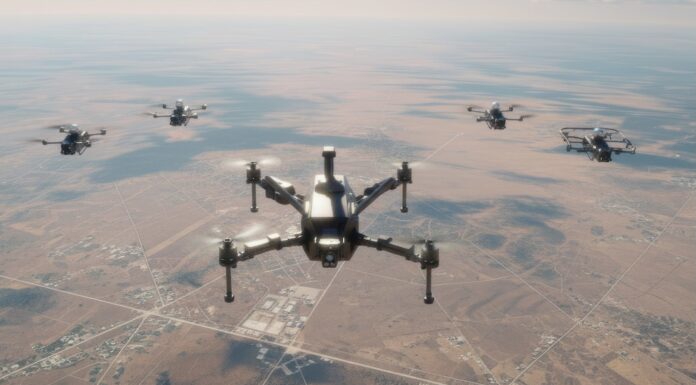India is doubling the number of Rafale jet fighters it intends to buy from France, increasing the quantity of aircraft built in France from 18 to 36. Indian prime minister Narendra Modi and French president Francois Hollande have reached the agreement during their summit meeting today in Paris. The procurement will be part of a government-to-government (G2G) deal worth $7.5 billion, rather than the commercial sale by the manufacturer Dassault Aviation, that would have cost over $20 billion which has been dragged along for three years.
This decision represents the second win for Rafale this year, following the Egyptian order for 24 aircraft that could be built within two years. Qatar and UAE have expressed interest in buying the French fighter (UAE is in for 60 jets, Qatar has a requirement for 36). Dassault is currently producing about one aircraft per month (the minimum rate designed to fulfill the deliveries for the French military by 2018). The company said it can increase production rate to 2.5 aircraft per month, which could deliver the Egyptian, Indian and remaining French orders by mid 2017. However, according to Indian defense minister Manohar Parrikar, the jets are not expected in India before the end of 2017. “Fly-away means not tomorrow, it has to be designed as per India’s need, plus there is a requirement of working out the price.” Parrikar said.
Higher Cost, Faster Delivery
The original deal was for 126 fighter aircraft under the Medium Multi-Role Combat Aircraft (MMRCA) contest. Dassault Aviation Rafale was shortlisted in 2012 after rigorous evaluation but negotiations have been stuck over pricing and delivery guarantees for the aircraft manufactured by Hindustan Aeronautics Ltd. (HAL) in India. Dassault’s bid price was 10 billion, but the program cost soon escalated to over $20 billion, due to the investments of technology transfer and infrastructure involved with life-cycle support cost. However, while average cost per aircraft would cost $158 million under the original plan, the current buy represents per aircraft cost of 208 million.
It is anticipated that a direct purchase would better control the cost and risk, as it will not involve technology transfer. Since the first deal will pay for much of the initial infrastructure and support costs necessary to maintain the aircraft in India, it is expected that future orders could cost less. A direct sell will also buy time for further discussions enabling the two sides to agree on future options that would include local production.
Analysts also expect the G2G deal involve more Indian private sector companies, as it will not be bound to go through HAL, but rather involve the Reliance group – the local partner Dassault has selected for the MMRCA project.
Buy in France or Make in India?
While the Rafale was an important part of Modi’s ‘Make in India’ campaign, the urgency and need for replacement of IAF MiG-21 and MiG-27 units left little room for alternatives. Nevertheless, the agreement over Rafale was part a comprehensive pact included 17 different agreements, pertaining to in urban development, railways, defence and the nuclear sectors. France also intends to invest two billion euros in Indian technology ventures, responding to Modi’s invitation to French businesses to invest in his ‘Make in India’ initiative.
French companies are in discussion with India for the construction of six power-generating nuclear reactors with a total power generation capacity of about 10,000 MW. The program known as Jaitapur project follows a partnership agreement between India’s Larsen and Toubro and France’s Areva that will lead the project.
While the Rafale was an important part of Modi’s ‘Make in India’ campaign, the urgency and need for replacement of IAF MiG-21 and MiG-27 units left little room for alternatives. Nevertheless, the agreement over Rafale was part a comprehensive pact included 17 different agreements, pertaining to in urban development, railways, defence and the nuclear sectors. France also intends to invest two billion euros in Indian technology ventures, responding to Modi’s invitation to French businesses to invest in his ‘Make in India’ initiative. The G2G sale of the rafale is likely to cost $7.5 billion and, according to Indian offset policy, would require a ‘buyback’ of about $2.3 billion – about the same amount that France has committed to invest in Indian technology initiatives. Indian sources explain this leaves the net worth of the current deal at about four billion Euros.
French companies are in discussion with India for the construction of six power-generating nuclear reactors with a total power generation capacity of about 10,000 MW. The program known as Jaitapur project follows a partnership agreement between India’s Larsen and Toubro and France’s Areva that will lead the project.


